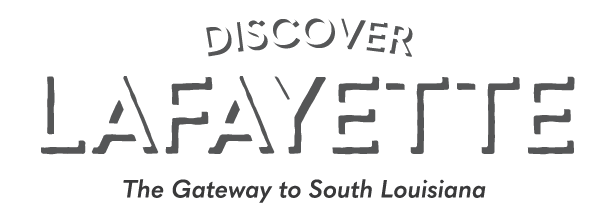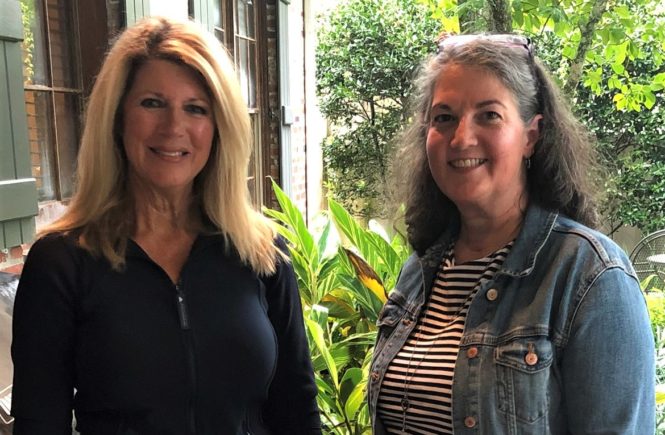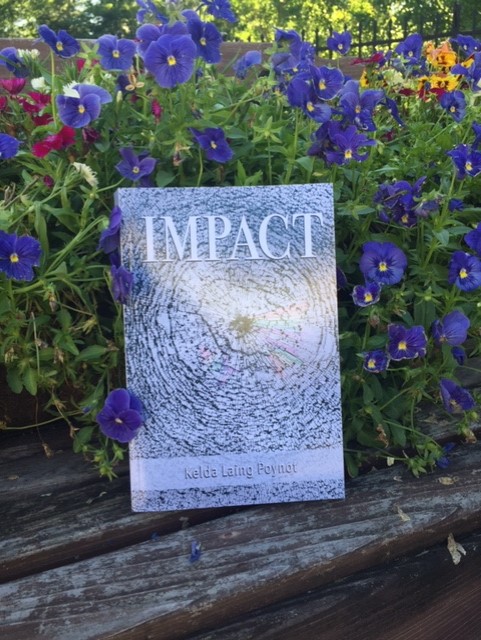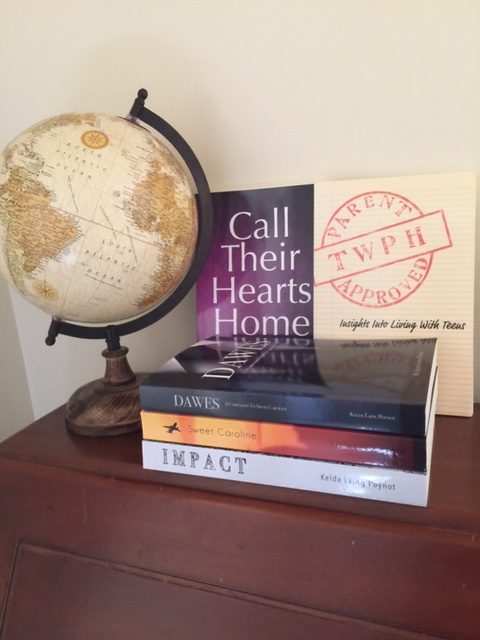Podcast: Play in new window | Download (Duration: 1:04:09 — 117.5MB)
Kelda Poynot, homeschooling consultant, author, and educator has helped hundreds of families navigate the maze of options for schooling their children. She homeschooled her own children over the past 20 years and just graduated her youngest child in May this year. She joined Jan Swift of Discover Lafayette to discuss her journey and share the many benefits of homeschooling.
Kelda was a middle school math and language teacher for seven years and also worked as a school counselor, having earned a BA in Elementary Education and a Master’s Degree in Elementary Counseling from Louisiana Tech. She discovered the world of homeschooling when she attended a workshop on behalf of her sister; she left the meeting feeling like she “had been in a tent revival,” charged up in realizing how this simple method of teaching offered a wonderful alternative to traditional teaching methods. She never dreamed that homeschooling would become her niche.
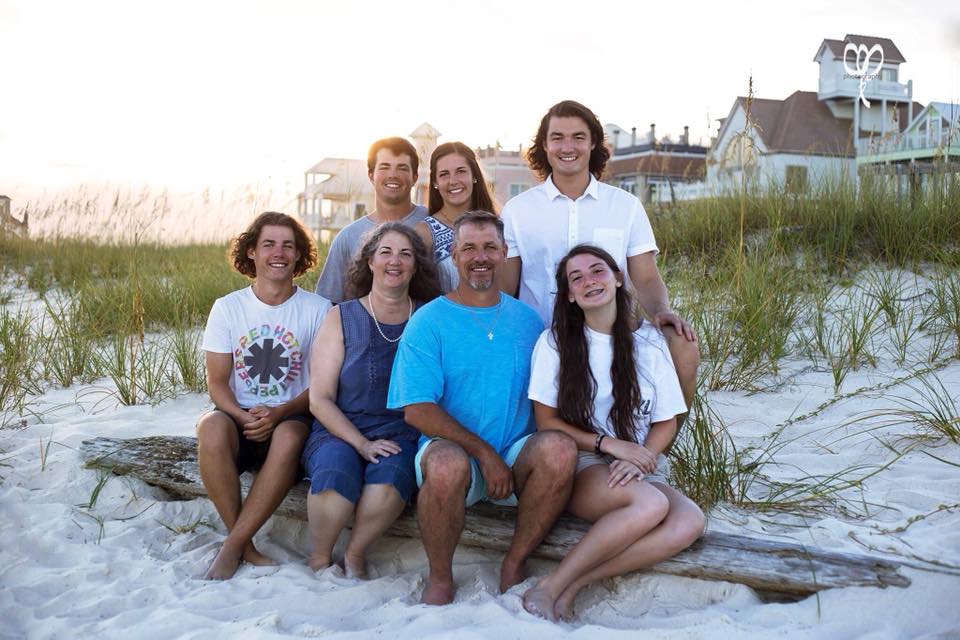
While typically 3.3% of the U. S. considers homeschooling a viable choice in educating their children, several surveys have found that over 40% of American families are considering homeschooling during the 2020-2021 school year given the COVID-19 shutdown.
Experts advise that homeschooling is not for everyone, and Poynot concurs and says, “I do not ascribe to the notion that homeschooling is for everyone. There are too many factors to consider, and I don’t believe that one size fits all.” But for those for whom it works, it is a viable and rewarding path that affords families flexibility in scheduling their time and allows a child to learn at his or her own pace.
Transitioning to homeschooling from traditional schooling takes time, but for many children it’s a relief from stress and anxiety. The pace slows down, but the academic structure and curriculums are solid. Poynot shared anecdotes of students who were anxious, almost to the point of being hospitalized when they switched to homeschooling; it typically takes about six months, but predictably, students will slow down their pace, relax and thrive in their schooling.
Poynot stressed that people shouldn’t worry about proper socializing of their children if they don’t attend traditional public school. Her own kids were very engaged in sports, scouts, church, volunteer activities and clubs. And she said, “When you think about it, when do you hang out with everyone that’s the same age at any other time than in school? Once you get out of school, that’s never how it is.”
Homeschooling is different from the online public school curriculum that Louisiana school districts are offering in that the parents or caretakers take the reins and are responsible for the curriculum.
In Louisiana, children who are homeschooled must be registered with the Department of Education by the time they reach 7 years of age. According to the department’s website, approximately 20,000 families choose homeschooling each year. You do not need teacher certification to educate your child at home.
There are two homeschool education options to choose from in Louisiana: (1) Non-public school (not seeking state approval or accreditation) where the parents agree to home school for 180 days for the school year and are responsible for the curriculum. You submit a letter or email annually to the Department of Education with your intent to homeschool. The disadvantage of this first option is that children under this program are not eligible for TOPS or participation in public school sports programs.
(2) BESE Approved Home Study: This type requires state approval and renewal each year. Diplomas awarded through an approved home study program are recognized by all post-secondary educational institutions. Students are able to be awarded TOPS by obtaining the required ACT score; homeschool students are not given the traditional “final grade” for each class (so no GPA), and colleges rely on the ACT score when assessing the student’s readiness for college. The family has complete control over the curriculum and according to the website, must report in yearly on:
“a) A complete, but simple, outline of the subjects taught during the previous year;
b) A complete, but simple, list of books and materials that were used;
c) A statement from a 3rd party (e.g. relative, friend) observing the student’s progress;
d) Copies of a small sampling of the student’s work from the previous year. (i.e. Math, English, Social Studies, Science); and,
e) A report card and/or copies of standardized tests or verification that the child has taken a standardized examination and scored at or above the grade level or the child has progressed at a rate equal to one grade level for each year in-home study program. Test options include, but not limited to: iLeap, Leap, EOC ACT, SAT, IOWA, CAT, or Stanford.
The benefit to this type of registration includes eligibility for TOPS (11th and 12th grades) and participation in local school activities at the discretion of the principal.”
An important point to know about eligibility for TOPS: you do not want your child switching from homeschool to public/private school or vice versa in their 11th or 12-grade year, as it will affect their eligibility for the award program. The student must be enrolled in a BESE approved school in good standing for both 11th and 12th grade to qualify for TOPS. Poynot says that in order not to jeopardize TOPS, “Don’t jump around during those years.”
A resource for an overview of the home study options prepared by the Louisiana Department of Education may be accessed here.
No state funding is available for home school options, but Poynot stressed that there are a plethora of materials available in the libraries and online for free. Curriculum may be purchased for as little as $100 for the school year. Poynot advises people not to think they have to pay thousands of dollars for the best curriculum. “If it costs a lot of money, don’t get married to it. If you pay $1,000, you’ll feel pressured to stick with it. Keep it as simple as possible. You can homeschool on a shoestring.”
Even though there are no guidelines on the actual curriculums, Poynot advises that the foundation of any good education center around the “Three ‘R’s: Reading, Writing, and Arithmetic.” Math in particular must have a structured format, as the underlying principles must be understood to move into more complicated math such as algebra, geometry, and physics. She likes to utilize “Math U See,” as well as Kahn Academy, which is free, offers great videos and follows Common Core criteria.
Other educational basics such as social studies, English/Language/arts, and science can follow the interests of the student and Poynot reminisced as to how her children blossomed as they followed their passion for studying America’s forefathers and ended up learning the history behind historical events and so on. One year, her son was immersed in learning all things about paleontology due to his fascination with dinosaurs. Another time the family watched “Bedknobs and Broomsticks” which led to reading the Narnia Chronicles, which led to intensely studying WWII and Hitler documentaries, trying to understand the war atrocities. It’s wide-open territory when it comes to homeschooling curriculum and letting the kids dictate what topics they will study gets them vested in successful outcomes.
Establishing a consistent routine and management of time for the homeschool day is key. Poynot states she organized the teaching from 9 a.m. to Noon each day when she was teaching her kids. That three-hour block didn’t include their independent reading, audiobooks, field trips, etc., but they were able to efficiently master their work in a three-hour block of time. Much teaching time is not used productively each class period in the traditional classroom, according to Poynot’s experience, due to administrative tasks, monitoring discipline, taking roll, reviewing the prior day’s lesson, etc. She estimates that she actually only had ten minutes of new instruction time in each class period as a classroom teacher once she accounted for all the other activities. With homeschooling, you don’t have these issues.
During the COVID quarantine, she began making videos to encourage families on how to incorporate education into their homes. Her video guides may be accessed at https://www.patreon.com/keldapoynot.
Kelda Poynot is also a prolific writer whose interest in writing fiction was ignited a few years ago after facilitating a novel-writing class. In 2018, she self-published Impact, a supernatural thriller which is set in Lafayette LA. She has also published Sweet Caroline and Dawes which center around a character named Caroline Sweet and promise “action, adventure, and romance.” Autumn’s Captive will be published in early winter 2021 and aims for a young adult audience. Poynot utilized Kindle Direct Publishing to self publish her books and gave great recommendations on the level of publisher support and ease of use.
We thank Kelda Poynot for sharing her insights on teaching and her sweet and wholesome outlook on life! If you’re interested in working with Kelda Poynot as a homeschool consultant, she may be contacted at keldapoynot@gmail.com. Her videos may be accessed on Youtube.
